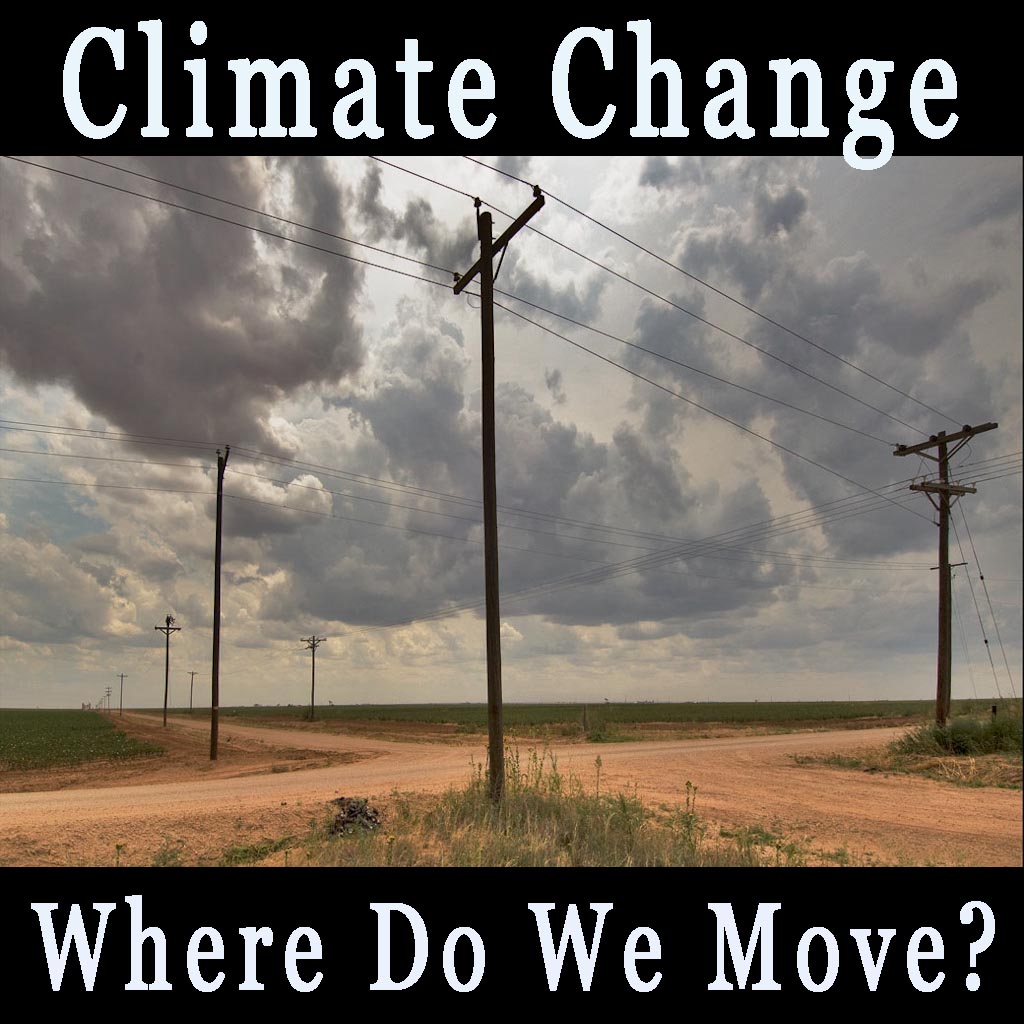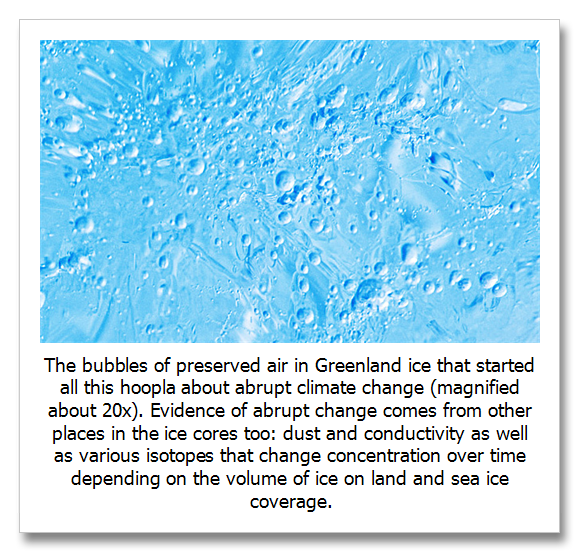
Onion Creek Flood 2013, US 183 bridge, Austin, Texas – new record flood depth. Climate change has returned to the news in full force with the Council of Parties meeting COP26, the 197 nation meeting of the United Federation Convention on Climate Change. What will come from the meeting is hopefully a more aggressive agreement…
















